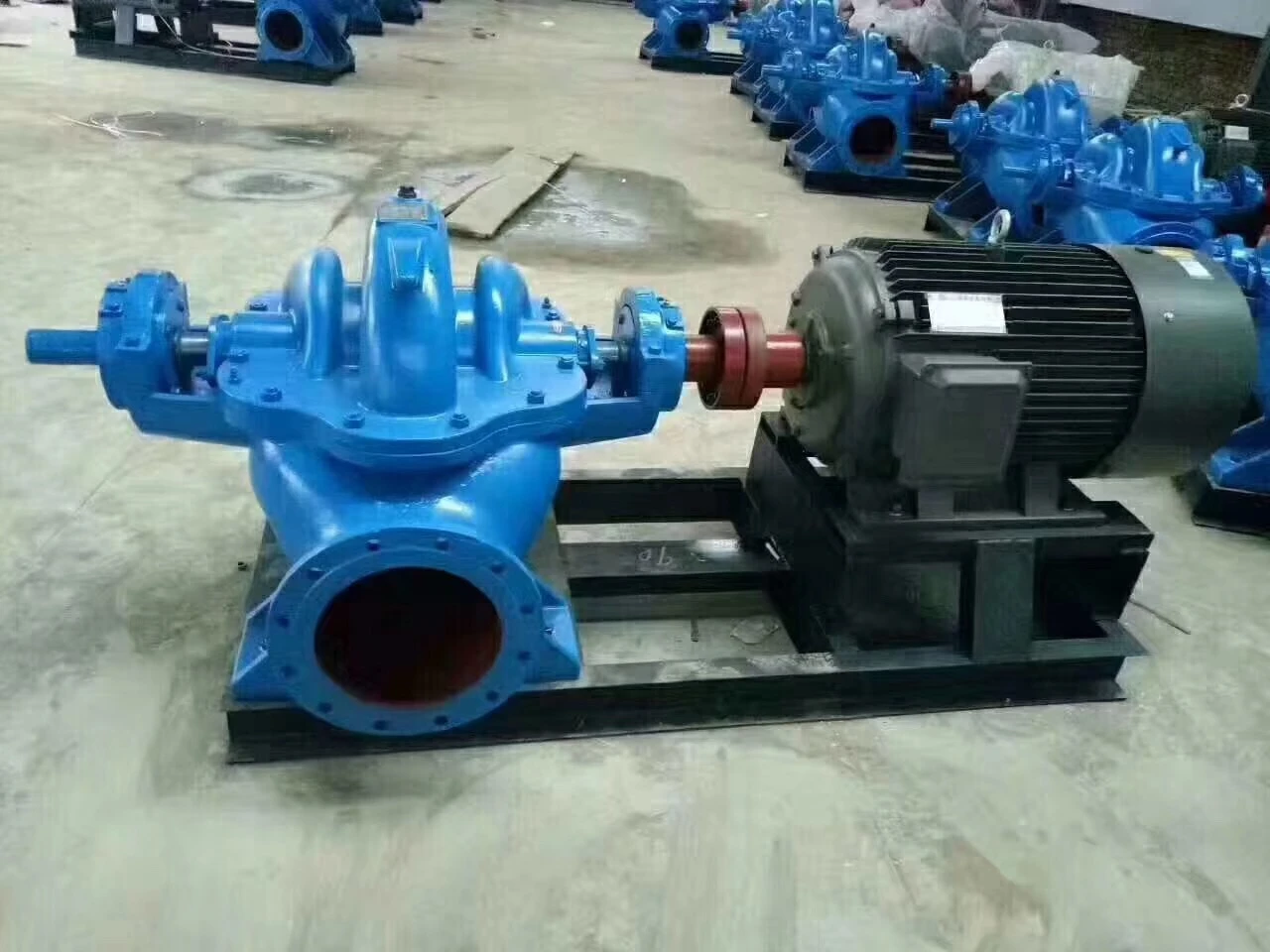TEL:
+86 13120555503
English
- Afrikaans
- Albanian
- Amharic
- Arabic
- Armenian
- Azerbaijani
- Basque
- Belarusian
- Bengali
- Bosnian
- Bulgarian
- Catalan
- Cebuano
- Corsican
- Croatian
- Czech
- Danish
- Dutch
- English
- Esperanto
- Estonian
- Finnish
- French
- Frisian
- Galician
- Georgian
- German
- Greek
- Gujarati
- Haitian Creole
- hausa
- hawaiian
- Hebrew
- Hindi
- Miao
- Hungarian
- Icelandic
- igbo
- Indonesian
- irish
- Italian
- Japanese
- Javanese
- Kannada
- kazakh
- Khmer
- Rwandese
- Korean
- Kurdish
- Kyrgyz
- Lao
- Latin
- Latvian
- Lithuanian
- Luxembourgish
- Macedonian
- Malgashi
- Malay
- Malayalam
- Maltese
- Maori
- Marathi
- Mongolian
- Myanmar
- Nepali
- Norwegian
- Norwegian
- Occitan
- Pashto
- Persian
- Polish
- Portuguese
- Punjabi
- Romanian
- Russian
- Samoan
- Scottish Gaelic
- Serbian
- Sesotho
- Shona
- Sindhi
- Sinhala
- Slovak
- Slovenian
- Somali
- Spanish
- Sundanese
- Swahili
- Swedish
- Tagalog
- Tajik
- Tamil
- Tatar
- Telugu
- Thai
- Turkish
- Turkmen
- Ukrainian
- Urdu
- Uighur
- Uzbek
- Vietnamese
- Welsh
- Bantu
- Yiddish
- Yoruba
- Zulu
Telephone: +86 13120555503
Email: frank@cypump.com
Feb . 16, 2025 06:00 Back to list
septic pump
Choosing the right septic pump is pivotal for homeowners looking to maintain a healthy and efficient septic system. With so many options available in the market, navigating this landscape can be challenging without the right guidance. This article aims to distill essential insights, expert advice, and trusted information to help you make an informed decision when selecting a septic pump.
For homeowners looking at newer, more innovative technologies, variable-speed pumps are an intriguing consideration. Unlike traditional pumps that operate at a constant speed, variable-speed versions adjust their performance based on demand. This can lead to energy savings and reduced wear and tear over time. Brands like Liberty Pumps have introduced models featuring electronic controls which offer precise operation and diagnostics, reinforcing both efficiency and ease of maintenance. Finally, the material and build quality of a septic pump are key determinants of its durability and performance. Look for pumps constructed from corrosion-resistant materials such as stainless steel or high-grade thermoplastics. These materials ensure the pump withstands the harsh environments they often operate within, leading to reduced maintenance needs and service interruptions. In all these aspects, it is vital to rely on manufacturers and suppliers with a proven track record. Reviews, certifications, and warranties often reflect the credibility and trustworthiness of the product and its manufacturer. A reliable warranty offers peace of mind, indicating the manufacturer's confidence in their product and providing you an assurance for post-purchase support. In conclusion, selecting the right septic pump involves a blend of understanding your specific needs, examining professional recommendations, and evaluating product specifications and trustworthiness. By taking these deliberate steps, you can secure a septic system that not only meets your household’s current demands but will also serve reliably and efficiently for years to come.


For homeowners looking at newer, more innovative technologies, variable-speed pumps are an intriguing consideration. Unlike traditional pumps that operate at a constant speed, variable-speed versions adjust their performance based on demand. This can lead to energy savings and reduced wear and tear over time. Brands like Liberty Pumps have introduced models featuring electronic controls which offer precise operation and diagnostics, reinforcing both efficiency and ease of maintenance. Finally, the material and build quality of a septic pump are key determinants of its durability and performance. Look for pumps constructed from corrosion-resistant materials such as stainless steel or high-grade thermoplastics. These materials ensure the pump withstands the harsh environments they often operate within, leading to reduced maintenance needs and service interruptions. In all these aspects, it is vital to rely on manufacturers and suppliers with a proven track record. Reviews, certifications, and warranties often reflect the credibility and trustworthiness of the product and its manufacturer. A reliable warranty offers peace of mind, indicating the manufacturer's confidence in their product and providing you an assurance for post-purchase support. In conclusion, selecting the right septic pump involves a blend of understanding your specific needs, examining professional recommendations, and evaluating product specifications and trustworthiness. By taking these deliberate steps, you can secure a septic system that not only meets your household’s current demands but will also serve reliably and efficiently for years to come.
Share
Next:
Latest news
-
Heavy-Duty Mining Sludge Pumps - Wear-Resistant Slurry Handling
NewsAug.02,2025
-
Horizontal Split Case Pump with GPT-4 Turbo | High Efficiency
NewsAug.01,2025
-
ISG Series Pipeline Pump - Chi Yuan Pumps | High Efficiency, Durable Design
NewsAug.01,2025
-
Advanced Flue Gas Desulfurization Pump with GPT-4 Turbo | Durable & Efficient
NewsJul.31,2025
-
ISG Series Vertical Pipeline Pump - Chi Yuan Pumps | Advanced Hydraulic Design&Durable Construction
NewsJul.31,2025
-
ISG Series Vertical Pipeline Pump - Chi Yuan Pumps | Energy Efficient & Low Noise
NewsJul.31,2025










